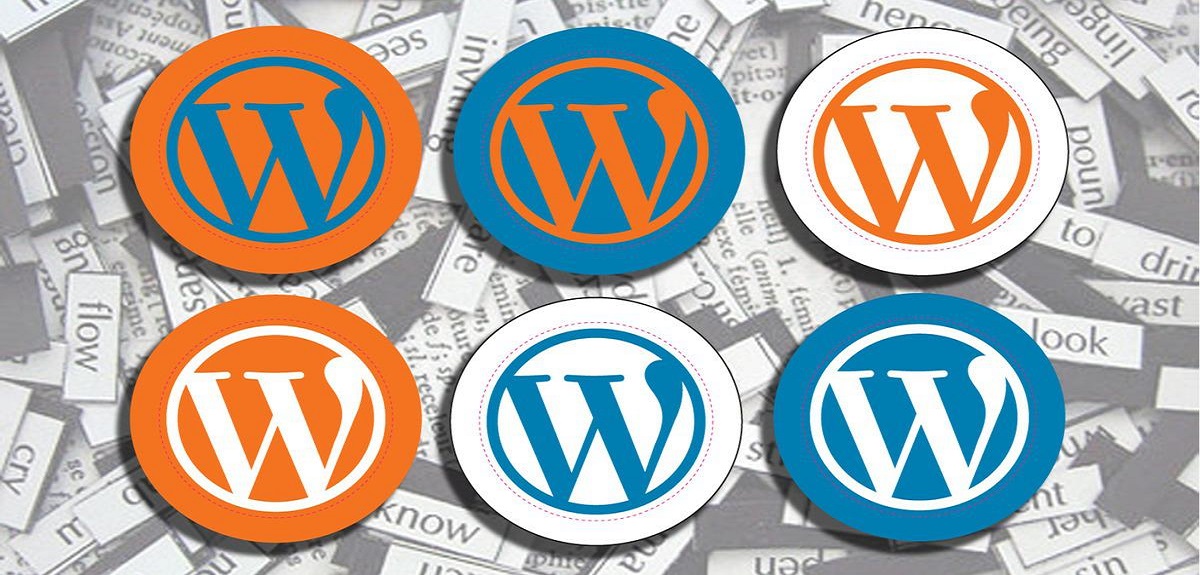Your site is extremely important to the success of your organization, which makes the Content Management System (CMS) you use to build your site just as important.
The first step in choosing a CMS is deciding if you want to use an open-source system or a commercial CMS. We receive more information from DroidWebDesign.
Before we start discussing the advantages and disadvantages of the open source and commercial CMS system, I would like to offer some brief definitions:
Open source CMS are available to the public for free. Most open source CMS have their own community of taxpayers, made up of web developers around the world who create and distribute software plugins. Your web developer can choose from thousands of plugins to add functionality to your website.
Popular open source CMSs include WordPress, Drupal and Joomla. Plugins are software add-ons. They are developed separately from the basic software and used to extend the functionality of the existing basic software.
Commercial CMS, sometimes called proprietary CMS, is developed and owned by a single company, and users can pay a licensing fee. However, these fees usually cover hosting, web design and support in addition to the actual CMS.
Commercial CMS does not accept third party plugins, but comes with integrated functionalities, all developed and maintained by the parent company. In addition there is a wide range of popularly owned CMS, from systems such as Expression Engine to IBM WebSphere.
Advantages of open source CMS:
There are no costs for using the software. There are no start-up costs and no monthly software licensing fees.
Ability to choose from a huge community of website development companies. There are countless digital agencies willing and able to develop your site on an open source system.
Thousands of plugins available to improve the functionality of the site. Most open source CMS systems will have a vast database of plugins and extensions provided by a public community of developers.
Anyone can download and use these plugins for their site. The wisdom of the crowd. The community of developers in a particular open source CMS will often have its own forum where individuals can discuss ideas, ask questions and share tips with each other. This “wisdom of the crowd” leads to increased innovation.
Advantages of commercial CMS
Web hosting, site maintenance, support and automatic updates are included. The hidden costs and difficulty of using a “free” open source CMS are actually included in the price of a commercial CMS.
Website functionalities are standard. A commercial CMS does not use third party plugins. Instead, the features are integrated into the software core.
Integrated user interface. Due to the fact that commercial CMS software is designed by a unified team of developers, there is a high level of consistency in the user interface from one module to another. And because everything is developed under one roof, these features are designed to integrate with each other.
Security. The company that develops the CMS software has greater control over the security of your site’s coding, allowing it to ensure that there are no unintentional viruses embedded in your site.



